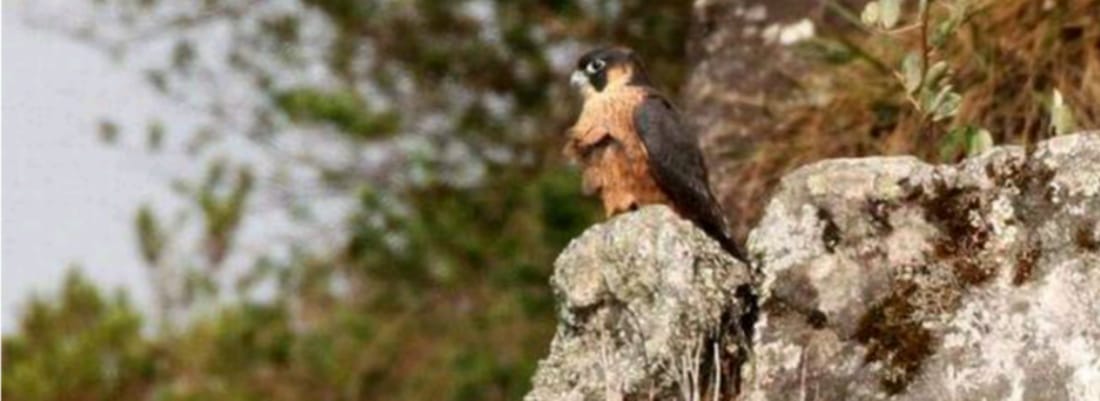DRONE CAMERAS THREATENING NILGIRIS WILDLIFE
05, Oct 2019

Prelims level : Environment- Threats to Biodiversity
Mains level : GS-III- Conservation, Environmental Pollution and Degradation, Environmental Impact assessment.
Why in News?
- Wildlife enthusiasts believe that the drone cameras pose a huge threat to wildlife.
Highlights:
- Environment conservationists are concerned about the increasing number of enthusiasts using drone cameras which is found to have been posing a significant threat to the endangered species of birds.
- Species of Birds, especially raptors, many of which are known to attack the equipment, sustain injuries in the process.When birds attack these cameras, the rotor blades of the equipment can cause life-threatening injuries to them.Raptors, when threatened, are known to even abandon nesting sites.
- Videos of elephants being absolutely petrified by drone cameras have also been found.
- When animals come into contact with drones, they may experience physiological changes such as an increased heart rate, behavioural responses such as running or flying away, or even suffer stress that could disrupt their reproductive process.
- If the animals decide to avoid specific areas as a result of frequent disturbing drone encounters, this could fragment and ultimately damage the whole population.
Way Forward:
- There is a ban on using drones in reserve forests, unless the written permission is obtained from the Chief Wildlife Warden; this must be implemented effectively.
- There is a need for a legal framework so that appropriate actions can be taken when wildlife is negatively affected by irresponsible drone operators.
- Care should be taken to avoid endangered species, animals that may be more vulnerable to drone presence like those that fly or who have evolved to fear aerial predators, and to never interfere with animals during sensitive times in their life cycle, such as breeding seasons.
- When drones are operated correctly, there’s a chance to help people feel more connected with wildlife, which is extremely important for conservation outcomes.
- While a blanket ban on drones is impossible to enforce, the forest department should identify areas where vultures and other raptor species are known to nest, and set up effective policing to prevent the unauthorised use of cameras and drones.






